Game Doctor: Building a Trust In Monopoly
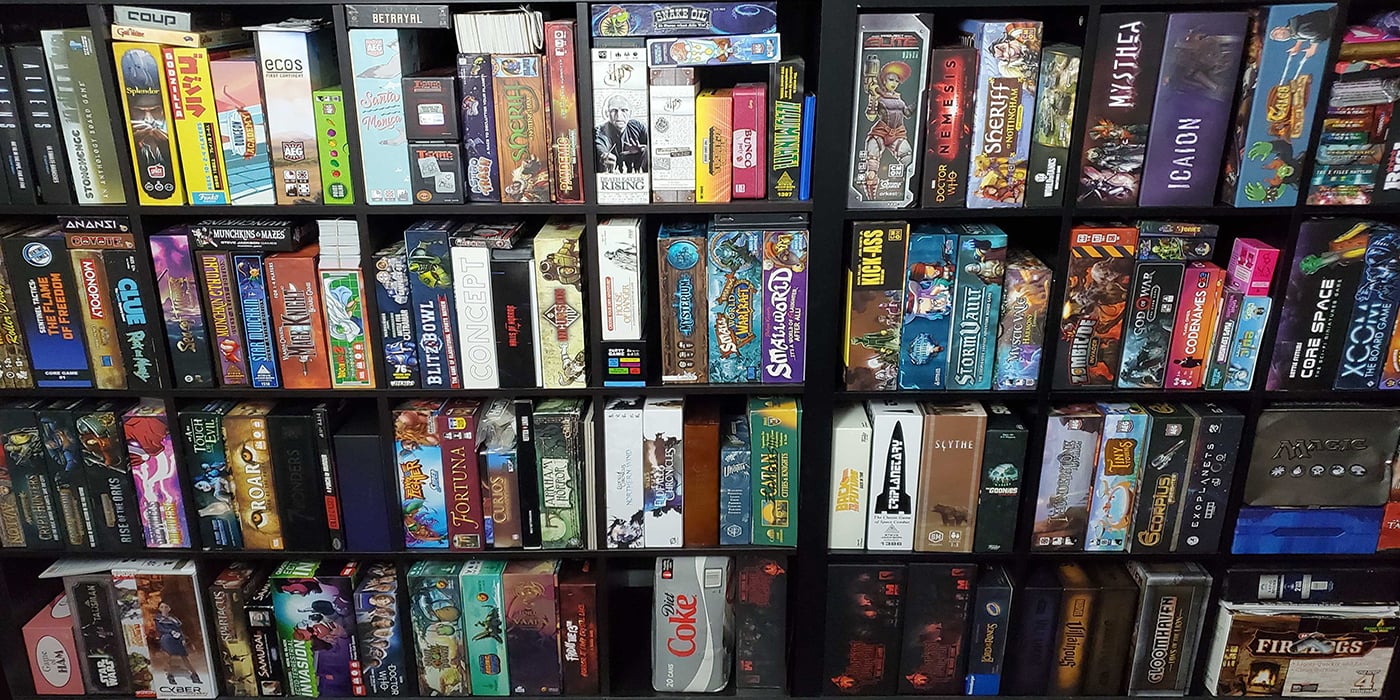


A lot of people hate on Monopoly. Understandably so. But why is it so often despised and what can be done about it?
Hey friends!
Welcome to another edition of Game Doctor, a series where we look at classic board games and try to fix them up for the modern era. If you missed the last edition, we took a look at Clue.
Today we will be looking at Monopoly. After I discovered Hasbro had announced their plans to release the Cheater’s Edition of Monopoly, I thought this would be a good time to take a close look at the classic game and find out why it might need a Cheater’s Edition at all.
History of Monopoly
Just for fun, let’s dig a little bit into the history of Monopoly. The game has a pretty involved history, considering it’s a board game. The history of Monopoly goes back over 100 years.
Lizzie Magie (1866–1948) was an economic philosopher who wanted a more accessible way to show the consequences of economic privilege and land value taxation. In 1903, she applied to patent her game called ‘The Landlord’s Game’. Magie developed the game to help demonstrate her point in a more easily accessible way. The patent was granted in 1904, which you can find here.
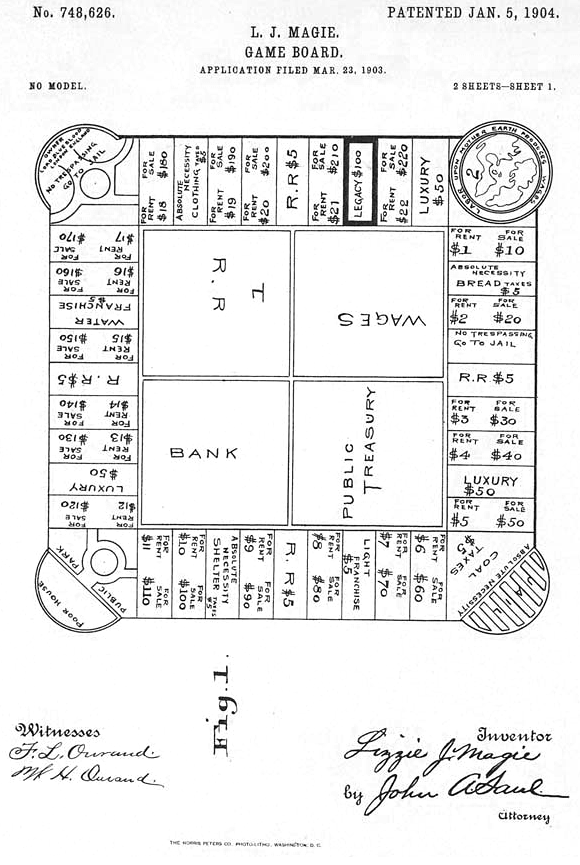
She approached Parker Brothers about the game but George Parker declined, calling the game “too political”. And so, Magie spread the game around herself, teaching it to others who would further spread it around the country. Eventually, the game made its way to Esther Darrow who taught it to her husband, Charles. After learning about the game, Charles started distributing the game himself under the name ‘Monopoly’ under his own patent.
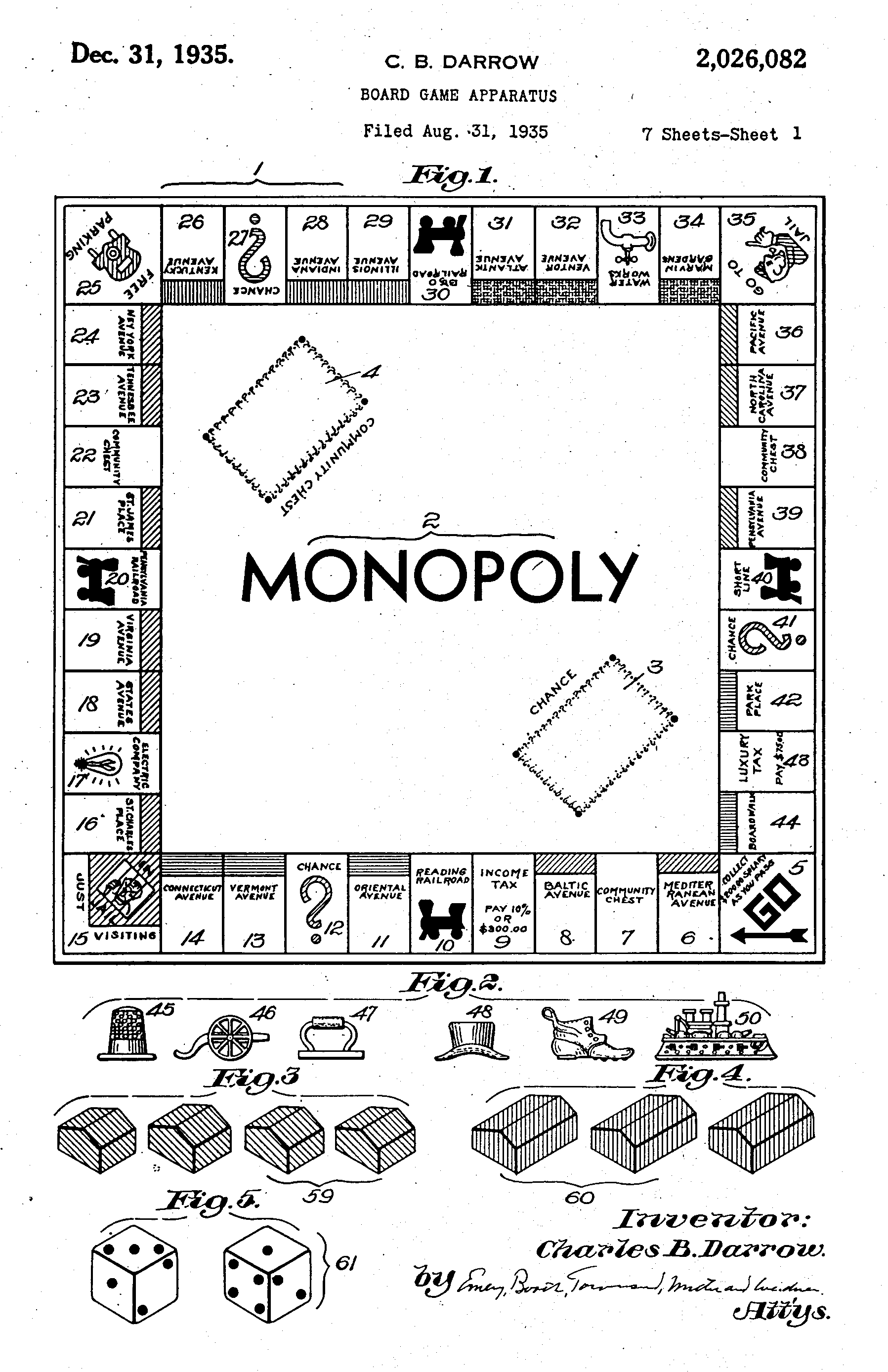
Darrow, who seems like a pretty sleazy dude, took his game to Milton Bradley to sell as his personal invention. Milton Bradley wrote a rejection letter to Darrow on May 31, 1931 saying the game was, “Too complicated, too technical, [and it] took too long to play.”
On March 18th, 1932, Parker Brothers bought the game from Darrow after seeing how well he was selling the game on his own. It was only afterwards that they discovered Darrow was not the sole inventor of the game. Parker Brothers went to buy out Magie’s renewed 1924 patent on the game and copyrights of all other variants which had popped up over the years. This gave Parker Brothers legitimate and undisputed rights to the game and brought us to where we are today.
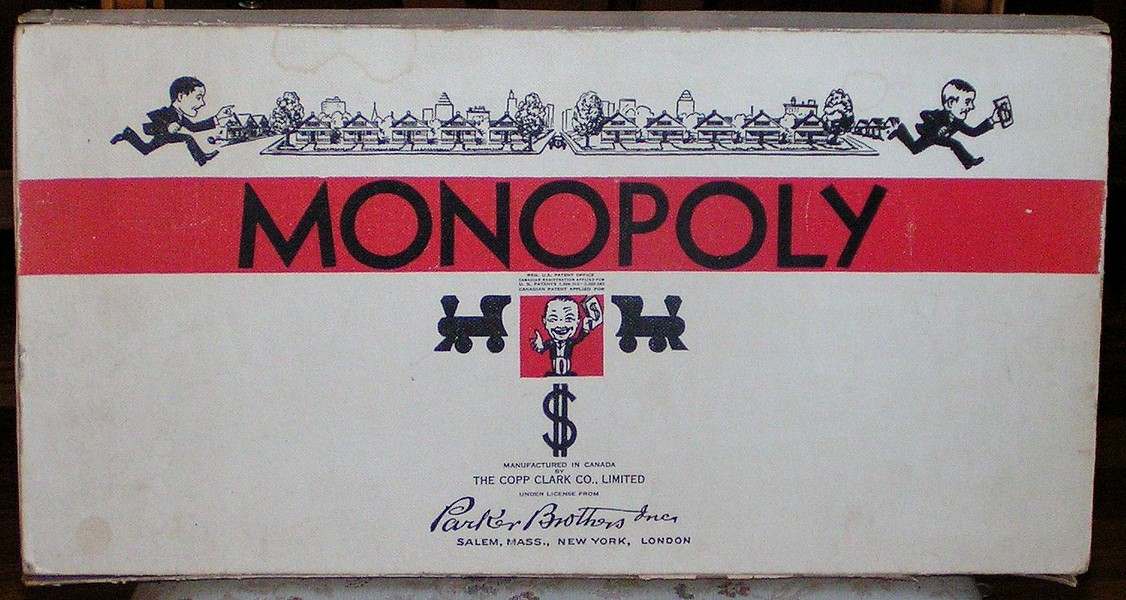
Identify What’s Wrong
Anyone who has played Monopoly can probably point out a few obvious key flaws of the game.
Too Random
Overall, the game is far too random. If you’re a fan of my blatant self-promotion, I mean, Popular Mechanics series, you’ll know my stance on randomness. The players have no choices to make other than if they want to buy the property they land on or not. But you should always buy every property you can. Speaking of….
You Should Always Buy Every Property You Can
There is only advantages and zero disadvantages in buying up every property you can. The only reason you wouldn’t buy a property that you’ve landed on is because you can’t afford it. That’s not a good design.
Gameplay Too Long
Even Milton Bradley acknowledged this in 1931, saying the game takes too long to play. Long gameplay is not inherently bad, but Monopoly is incredibly repetitive.
How To fix
I don’t blame Monopoly for being a bad design. When it was conceived over 100 years ago, they certainly didn’t have the game theory concepts we do now. Getting mad at Monopoly for being bad is like getting upset that the Liberty Bell has a crack in it. Yeah it’s broken, but it’s historic. So having said that, let’s completely ignore that sentiment and go over how to fix it.
 That’s a lotta damage
That’s a lotta damage
Bid For New Dice
Rather than players always rolling 2d6 to move, instead they have the option to buy different dice to use on their turn. Before rolling, any player can start a bid on other polyhedral dice: d4s or d8s. The active player announces which dice they wish to purchase and puts out a starting bid.
Other players will have the option to outbid that player on the dice, preventing them from being able to claim the dice on their turn. If the active player wins the auction, they replace one (or both if the player purchased multiple dice) of the d6s the normally use for movement.

This gives players a bit more control over how far they will move on their turn, but without granting full control. Also, the whole process comes with a cost but it’s also not without player interaction. So if a player is only a few spaces away from Boardwalk and they are aiming to purchase 2d4 for movement, other players can step in and try to prevent that from happening.
Upkeep Costs
New Monopoly will have upkeep costs. Owning a property isn’t free and everyone pays taxes. To institute this into our game, each player at the start of their turn, will be required to pay an amount directly to the bank for each property they own. The costs of each owned property will vary based on the properties value, but will scale higher for the more valuable properties.
If your first thought is, “Ugh! That will be so annoying to calculate every turn!” then maybe chill for a second. Geez. Each property card will note its upkeep cost which must be paid, and players need only add up those values.
Hostile Takeovers
In New Monopoly, players can buyout other players, if they have the funds to do so. If a player is bought out, they are eliminated from the game and the buying player gains all of their properties and any housing on them.
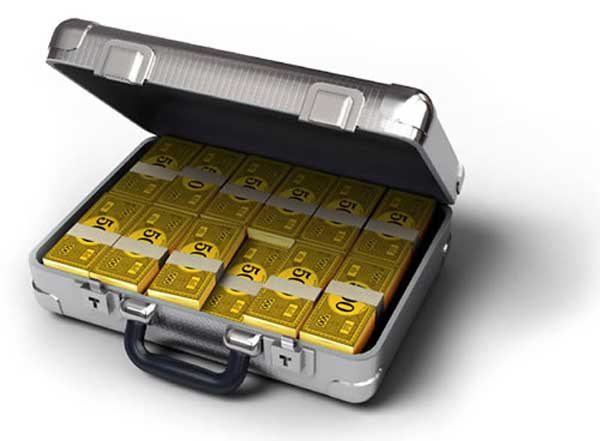
To buyout another player, the buying player must spend (to the bank) twice the amount of money the other player currently has in liquid assets (that is to say, paper money). If a player has the funds to buyout another player and chooses to do so, there is nothing the other player can do about it. They are eliminated from the game. An aggressive player should be careful. Spending that much to buyout another player might lower your funds enough to put you at risk to be bought out by a third player.
This game feature works well in the theme of the game for a couple reasons. First, it hastens the endgame. Monopoly often ends with one player holding on by a few dollars, until they get unlucky and land on a bad spot. In New Monopoly, the rich player can end their suffering and the game in one fell swoop.
Secondly, this fits the theme very well. The game is about getting monopolies. Real life businesses get to that point by buying out other businesses.
Third, because the buyout rate is based on how much paper money a player has, this encourages players to consider mortgaging their properties earlier to make sure they are not caught without enough funds to resist a buyout.
Final Thoughts
I realize the humor in trying to fix a game which was purposefully poorly designed as to make a political statement, but whatever. Overall my goal was to add player choice through cost and risk. I think we’ve done that with only a few modifications.
Anyway, that’s all for today.
Thanks for reading!

